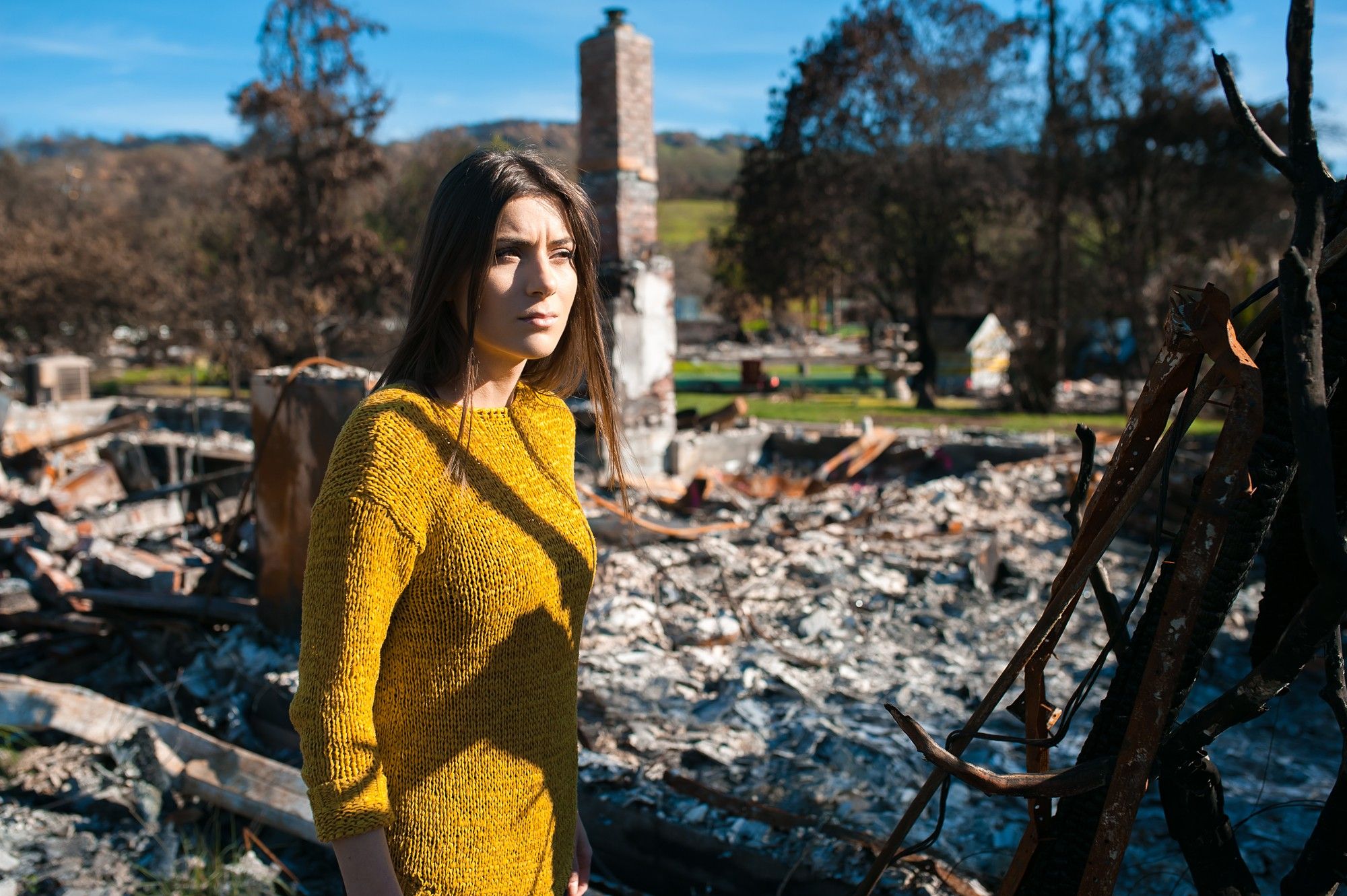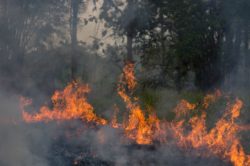Top Class Actions’s website and social media posts use affiliate links. If you make a purchase using such links, we may receive a commission, but it will not result in any additional charges to you. Please review our Affiliate Link Disclosure for more information.
With record destruction from the 2020 wildfire season in California, the state has announced that it would block insurance companies from dropping California homeowners insurance for a year in many places across the state. The measure will apply to nearly a fifth of the residential insurance market in California, and prohibits companies from cancelling or refusing to renew homeowners’ insurance policies from households in or near the areas that suffered damage in the California wildfires.
This is not the first time that the state has imposed such a moratorium on insurance companies over this issue, though it is the largest scale order so far. Back in December, California Insurance Commissioner Ricardo Lara imposed a one-year moratorium on insurers dropping coverage for about one million policyholders.
This new measure—which will protect about 2.1 million households—reflects the ever-growing financial strain that climate change has had on the state, along with the clear environmental impact. But the last thing that California residents need as wildfire risk increases due to rising temperatures and longer droughts is for their insurance companies to abandon them.
Residents in wildfire-prone areas of the state rely on California homeowners insurance, especially because it is hard to sell and even harder to rebuild after a destructive fire.
Lara noted that the new policy “gives millions of Californians breathing room and hits the pause button on insurance non-renewals while we take additional steps to expand our competitive market.”
Unfortunately, the state’s ability to protect homeowners from the economic impact of climate change–induced wildfires is limited. The one-year moratorium cannot be extended, so while California homeowners insurance cannot currently be dropped for these households, insurers will eventually regain their ability to do so—and most likely will. Another possibility is that insurers will drastically hike the insurance rates in these high-risk areas.
Insurers are seeking legislation to allow them to charge much higher premiums for these high-risk areas, though a bill that would have done so based on predictions of future risk failed to pass the state legislature earlier this year. Consumer groups said that the bill would impose an unfair burden on homeowners.
The state’s moratorium will only last a year, but it is working on its long-term strategy, which includes encouraging local officials to reduce wildfire exposure and vulnerability. This can include things like tougher building codes or rules about vegetation surrounding homes.
“If we don’t want to be in this position every year, we have to reduce the risk to lives and homes,” said Lara.
 California Housing Costs Are a Factor
California Housing Costs Are a Factor
Some of the most promising changes include restrictions on construction in these high-risk areas. However, California is notoriously expensive, and many people struggle to find affordable homes in areas with lower risk.
The 2020 California wildfire season has been particularly destructive, with thousands of fires burning a total of more than four million acres across the state. The intensity of each individual fire has increased as well, in part due to the drying and heating caused by climate change, as well as forest management issues.
Cal Fire reports 9,177 wildfire incidents in 2020, with 4,194,148 acres burned, 31 fatalities, and 10,488 structures damaged or destroyed as of Nov. 10, 2020.
The new California moratorium is only a temporary measure, and won’t solve the underlying issue of the increasing risk caused by climate change, says Carolyn Kousky, executive director of the Wharton Risk Center at the University of Pennsylvania.
“This problem’s not going to go away. That raises a lot of questions about how we’re building and where we’re building,” said Dr. Kousky. “Clearly the market needs something much beyond this.”
Filing a 2020 California Wildfire Lawsuit
Those affected by wildfires have enough to worry about—they shouldn’t have to worry about whether or not they will be compensated fairly by their California homeowners insurance policy.
If you have experienced property damage or even tree damage during the 2020 California wildfire season, your insurance company may not have paid you fully for your losses—and if you were underinsured, you can still fight for the compensation you deserve. This investigation is also open to those affected by the 2019 California wildfires.
Filing a lawsuit can be a daunting prospect, especially while also dealing with the devastation caused by a wildfire, so Top Class Actions has laid the groundwork for you by connecting you with an experienced attorney. Consulting an attorney can help you determine if you have a claim, navigate the complexities of litigation, and maximize your potential compensation.
Join a Free California Wildfire Property Damage Lawsuit Investigation
If you experienced property damage or tree damage during the California wildfire 2020 season, your insurance company should cover your losses.
If you believe your insurer underpaid you for your losses, or if you were underinsured, it is not too late to fight for the compensation you deserve.
This article is not legal advice. It is presented
for informational purposes only.
ATTORNEY ADVERTISING
Top Class Actions is a Proud Member of the American Bar Association
LEGAL INFORMATION IS NOT LEGAL ADVICE
Top Class Actions Legal Statement
©2008 – 2024 Top Class Actions® LLC
Various Trademarks held by their respective owners
This website is not intended for viewing or usage by European Union citizens.


 California Housing Costs Are a Factor
California Housing Costs Are a Factor












